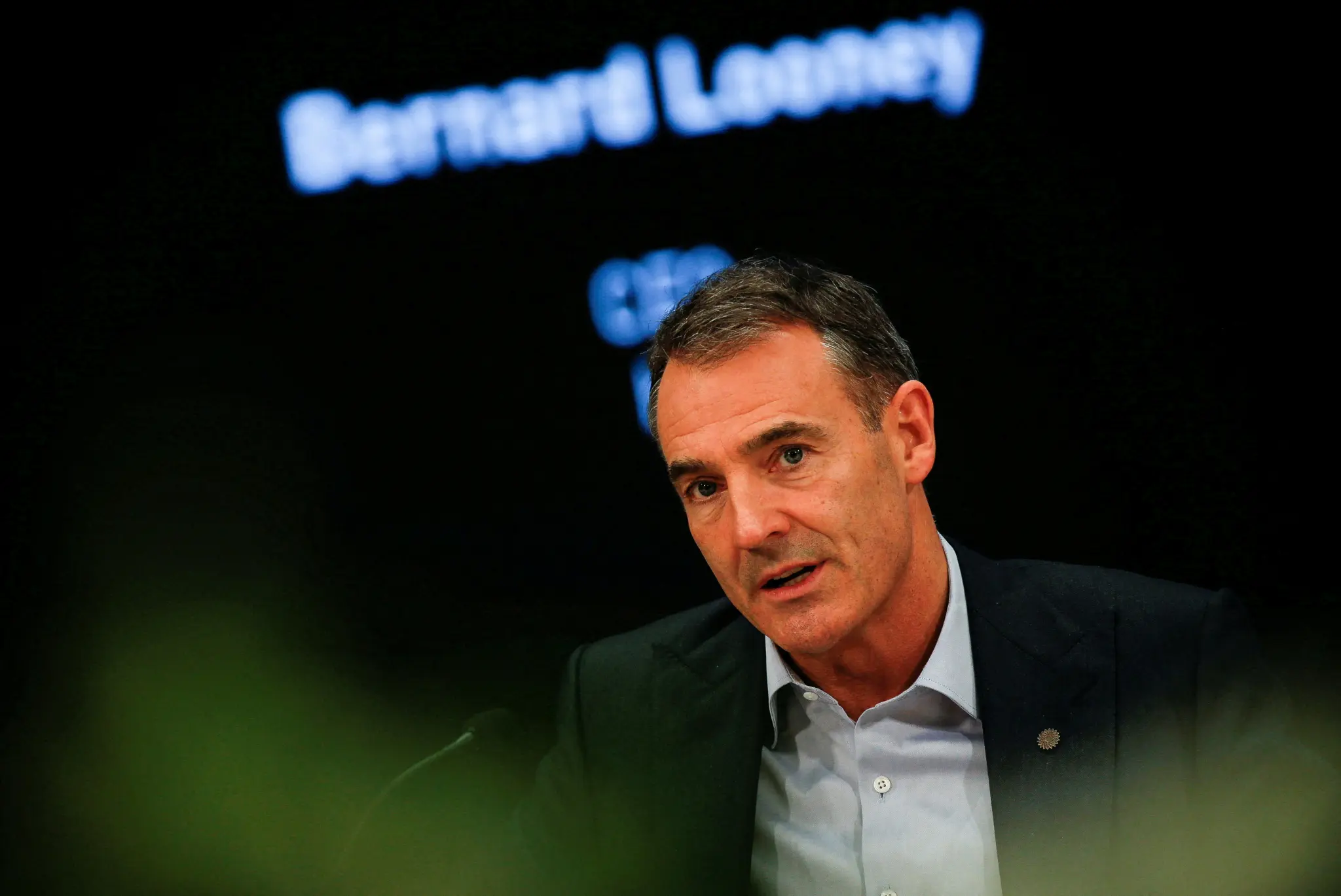BP CEO Bernard Looney has stepped down from his position, lasting less than four years, following allegations of personal relationships with colleagues.
The company made the announcement, stating that BP Chief Financial Officer Murray Auchincloss would serve as interim CEO.
The official statement from BP reads, “BP plc announces that Bernard Looney has notified the Company that he has resigned as Chief Executive Officer with immediate effect.” The statement further explained that Mr. Looney now acknowledges that he was not fully transparent in previous disclosures, failing to provide details of all his relationships, and accepts his obligation to make more comprehensive disclosures.
BP transformation
Bernard Looney, 53, assumed the role of CEO in February 2020 with a pledge to transform the 114-year-old company, setting ambitious goals for BP to achieve zero net emissions by 2050 and investing substantially in renewable and low-carbon energy.
BP’s recent history under Looney has been marked by challenges, including the COVID-19 pandemic, an abrupt exit from Russia following the Ukraine invasion, energy price fluctuations, and a global cost-of-living crisis.
Earlier this year, BP revised its plans to reduce hydrocarbon production by 2030, lowering the target from 40% to 25% compared to 2019 levels. This decision was still one of the most significant reductions in oil and gas production among major oil companies this decade.
Profit drop
Despite record profits of $28 billion in 2022, BP’s second-quarter profit in 2023 dropped by 70% compared to the previous year. Nevertheless, BP was able to increase its dividend by 10%.
Looney’s departure comes at a time when BP’s shares have underperformed those of European rival Shell and US counterparts Chevron and Exxon Mobil over the past three years. His 2022 compensation exceeded $12 million due to the company’s substantial profits, while BP’s emissions remained relatively unchanged.
Bernard Looney succeeded Bob Dudley, who led BP through the Deepwater Horizon oil spill aftermath in 2010.
The announcement of Looney’s resignation resulted in a 1% increase in BP shares.



 News3 days ago
News3 days ago


 Leaders3 days ago
Leaders3 days ago


 Shows3 days ago
Shows3 days ago


 News3 days ago
News3 days ago


 Docos5 days ago
Docos5 days ago


 Leaders4 days ago
Leaders4 days ago


 Leaders4 days ago
Leaders4 days ago


 News2 days ago
News2 days ago





